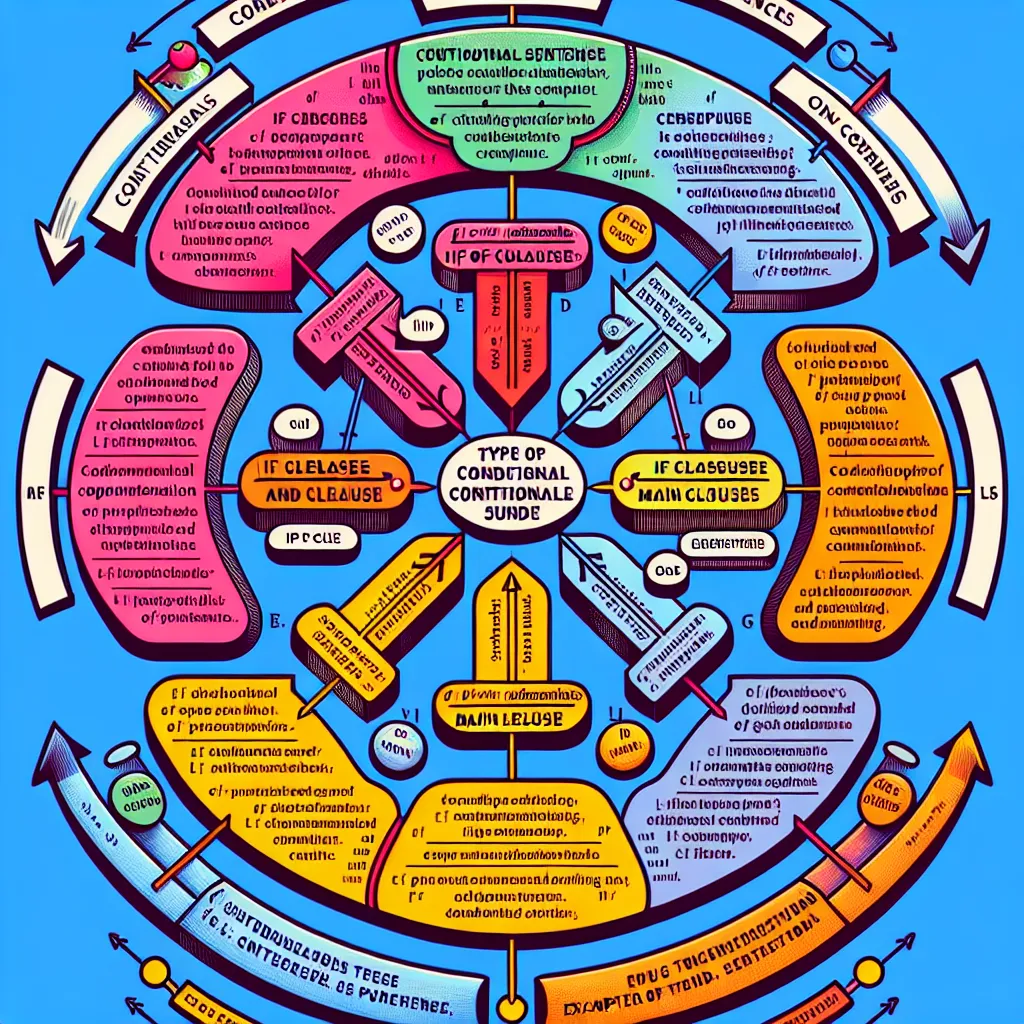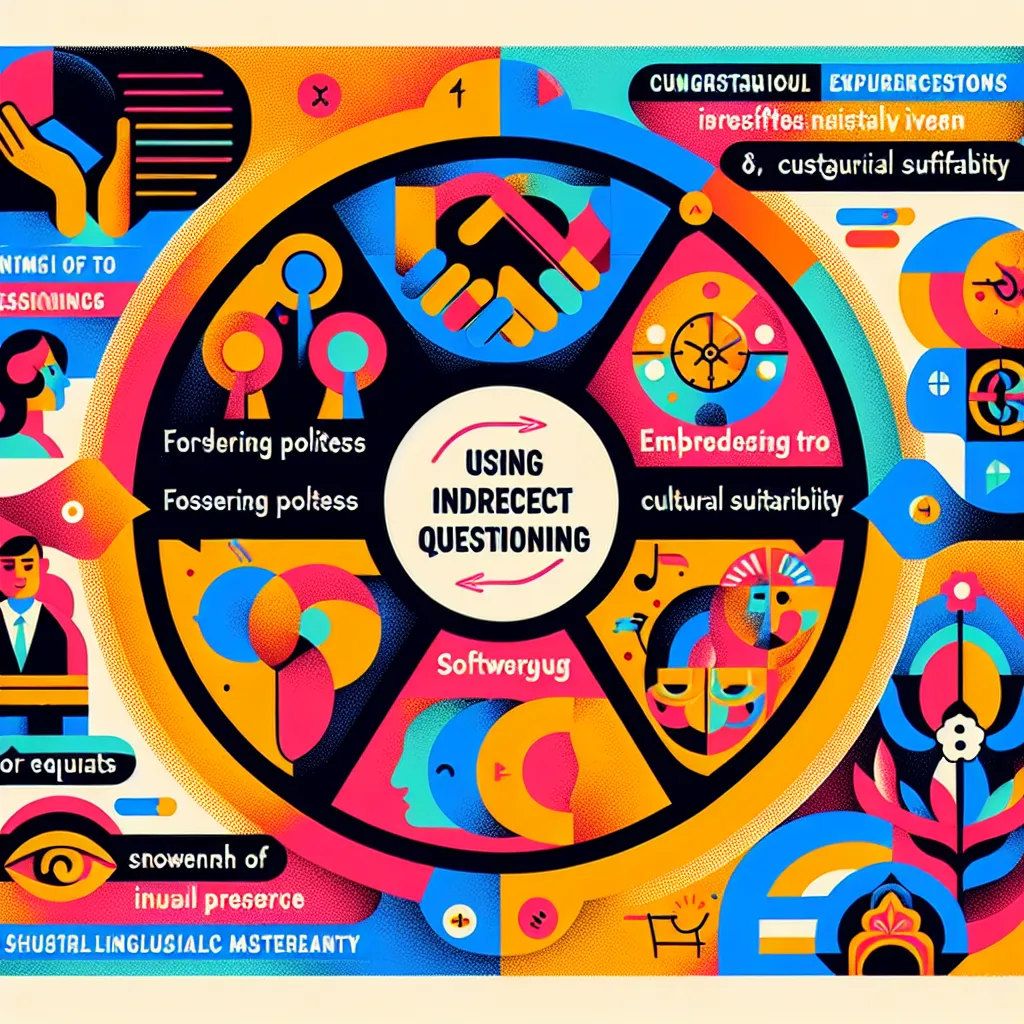Learning English grammar systematically can be a challenging yet rewarding journey. Whether you’re a beginner or an advanced learner, having a structured approach to grammar study can significantly improve your language skills. In this article, we’ll explore the most effective methods for mastering English grammar in a systematic way.
Understanding the Importance of Systematic Grammar Learning
Before diving into specific methods, it’s crucial to understand why a systematic approach to learning English grammar is essential. Grammar forms the backbone of any language, providing the structure and rules that allow us to communicate clearly and effectively. By learning grammar systematically, you can:
- Build a strong foundation for language skills
- Improve your ability to express complex ideas
- Enhance your writing and speaking accuracy
- Boost your confidence in using English
 Systematic Grammar Learning
Systematic Grammar Learning
Best Methods for Systematic Grammar Learning
1. Start with the Basics and Progress Gradually
One of the most effective ways to learn English grammar systematically is to begin with foundational concepts and gradually move to more complex structures. This approach ensures that you have a solid understanding of basic grammar before tackling advanced topics.
- Start with parts of speech (nouns, verbs, adjectives, etc.)
- Move on to sentence structure and basic tenses
- Progress to more complex tenses and grammatical structures
- Finally, explore advanced topics like conditionals and reported speech
2. Use a Comprehensive Grammar Textbook
A well-structured grammar textbook can be an invaluable resource for systematic learning. Look for books that:
- Provide clear explanations and examples
- Offer practice exercises and quizzes
- Include answer keys for self-checking
Some recommended grammar books include:
- “English Grammar in Use” by Raymond Murphy
- “Practical English Usage” by Michael Swan
- “The Blue Book of Grammar and Punctuation” by Jane Straus
3. Incorporate Online Resources and Apps
In today’s digital age, numerous online resources and apps can complement your grammar learning journey. These tools often provide interactive exercises, immediate feedback, and progress tracking.
Popular online resources include:
- Grammarly (for writing assistance and explanations)
- Duolingo (for gamified grammar practice)
- English Grammar (a comprehensive online guide)
Learn more about effective English study habits
4. Practice with Authentic Materials
While textbooks and apps are excellent for learning rules, it’s crucial to see grammar in action through authentic materials. This approach helps you understand how grammar is used in real-life contexts.
- Read English books, newspapers, and magazines
- Watch English movies and TV shows with subtitles
- Listen to English podcasts and radio programs
By exposing yourself to various forms of English media, you’ll naturally absorb grammatical structures and improve your overall comprehension.
5. Implement a Regular Study Schedule
Consistency is key when learning grammar systematically. Establish a regular study schedule that allows you to focus on grammar for a set amount of time each day or week.
- Set aside 30 minutes to an hour daily for grammar study
- Review previous lessons before moving on to new topics
- Regularly test yourself to assess your progress
6. Use the Rule-Example-Practice Method
This three-step approach is highly effective for learning and retaining grammatical concepts:
- Study the rule: Understand the grammatical concept and its usage.
- Analyze examples: Look at various examples of the rule in context.
- Practice extensively: Apply the rule through exercises and real-life usage.
For instance, when learning about the present perfect tense:
- Rule: The present perfect is used for actions that started in the past and continue to the present or have a connection to the present.
- Example: “I have lived in London for five years.” (This implies I still live there.)
- Practice: Create your own sentences using the present perfect and identify its usage in texts.
 Rule Example Practice Method
Rule Example Practice Method
7. Engage in Regular Writing and Speaking Exercises
Applying grammar rules in your own writing and speaking is crucial for mastery. Try these exercises:
- Keep a daily journal in English
- Participate in English language forums or social media groups
- Find a language exchange partner for conversation practice
Discover tips for improving your English comprehension
8. Learn from Your Mistakes
Mistakes are an inevitable part of the learning process. Instead of getting discouraged, use them as learning opportunities:
- Keep a log of common errors you make
- Analyze why you made each mistake
- Practice using the correct form repeatedly
9. Use Mnemonic Devices and Visual Aids
Memory techniques can be incredibly helpful for remembering grammar rules:
- Create acronyms for complex rules
- Use color-coding to highlight different parts of speech or tenses
- Draw mind maps to visualize grammatical relationships
For example, remember the order of adjectives with the acronym “OSASCOMP” (Opinion, Size, Age, Shape, Color, Origin, Material, Purpose).
10. Seek Feedback and Guidance
While self-study is important, getting feedback from others can significantly enhance your learning:
- Join English grammar forums or study groups
- Work with a tutor or language exchange partner
- Use writing correction services for detailed feedback on your work
Explore more tips for mastering English grammar
Important Considerations
When embarking on your systematic grammar learning journey, keep these points in mind:
- Be patient: Learning grammar takes time and consistent effort
- Focus on progress, not perfection: Celebrate small improvements along the way
- Apply what you learn: Use new grammatical structures in your daily English usage
- Stay motivated: Set achievable goals and reward yourself for meeting them
Next Steps
Now that you’re equipped with effective methods for learning English grammar systematically, it’s time to put them into practice:
- Choose a comprehensive grammar textbook or online course
- Create a study schedule that works for you
- Start with basic concepts and gradually increase difficulty
- Incorporate authentic materials into your learning routine
- Practice regularly through writing and speaking exercises
- Seek feedback and adjust your learning approach as needed
Remember, mastering English grammar is a journey, not a destination. By following these systematic methods and staying committed to your learning goals, you’ll see significant improvements in your English language skills over time.
Do you have any favorite methods for learning English grammar? Share your experiences and tips in the comments below!




